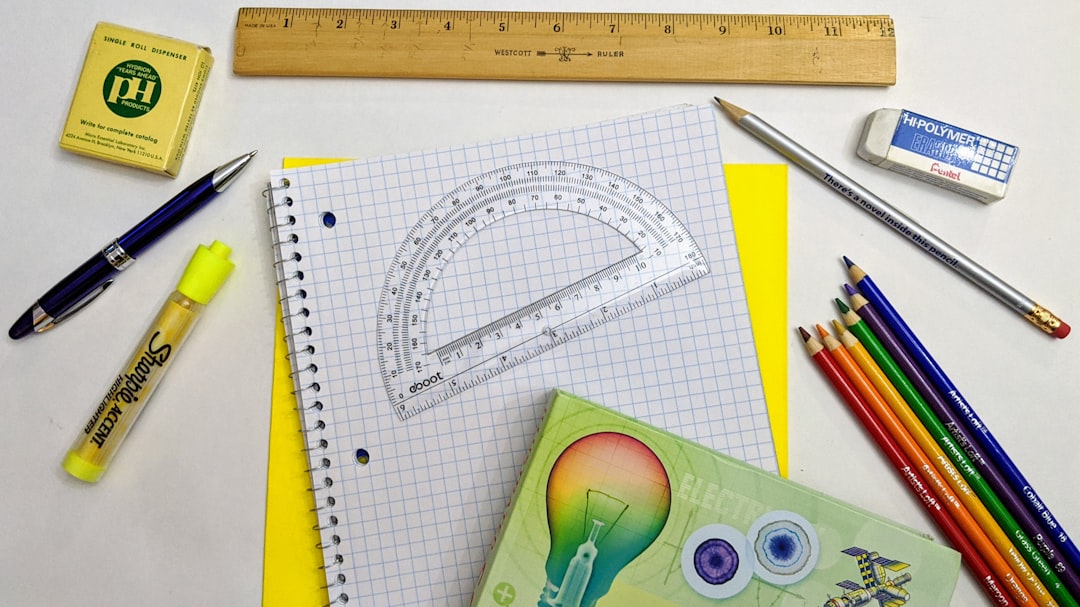Raising gifted children comes with its unique set of challenges and rewards. These exceptionally bright young minds often require more than the standard educational curriculum to stay engaged and thrive. Gifted testing and tailored supporting strategies play pivotal roles in ensuring these children reach their full potential without facing burnout. This blog delves into the signs of giftedness, the testing process, and ways to support gifted kids effectively.
Identifying Gifted Children
Giftedness in children can manifest in various ways, often beyond just academic excellence. Look for these signs:
- Early language development: Gifted kids may start speaking and reading earlier than their peers.
- Intense curiosity: They display an insatiable quest for knowledge about the world around them.
- Exceptional problem-solving skills: They often come up with solutions that are both creative and efficient.
- High sensitivity and empathy: Gifted children can be extremely aware of their emotions and those of others.
These signs, among others, can indicate your child might benefit from gifted testing to assess their needs and potential.
The Process of Gifted Testing
Gifted testing is a comprehensive assessment that evaluates a child’s intellectual capabilities. It often includes IQ tests along with assessments of their emotional and social development. Schools may offer testing, or parents can seek evaluation from independent psychologists. Early identification can lead to better support and educational opportunities.
Supporting Gifted Kids without Causing Burnout
Supporting gifted children involves more than just academic enrichment. Here are strategies to help them grow without overwhelming them:
- Provide diverse learning opportunities: Encourage exploration in various fields to keep their interest piqued.
- Focus on social and emotional growth: Gifted kids often feel different from their peers. Support groups or activities with like-minded children can help.
- Encourage downtime and play: It’s essential for gifted children to have time to relax and engage in unstructured play.
- Set realistic expectations: While they may excel, it’s important to remember they are still kids and need support, patience, and understanding.
Gifted Education and Schools
Choosing the right educational path is crucial for gifted children. Gifted education programs, either in public schools or specialized institutions, offer curriculums designed to challenge and engage gifted learners. These programs often provide a more holistic approach, focusing on both academic and emotional needs.
Conclusion
Raising and supporting gifted kids is a rewarding journey that requires a delicate balance of encouragement, challenge, and support. By recognizing the signs of giftedness, pursuing proper testing, and implementing supportive strategies, parents and educators can help these bright young minds flourish without the risk of burnout. Remember, every gifted child is unique, and understanding their individual needs is key to helping them achieve their full potential.


